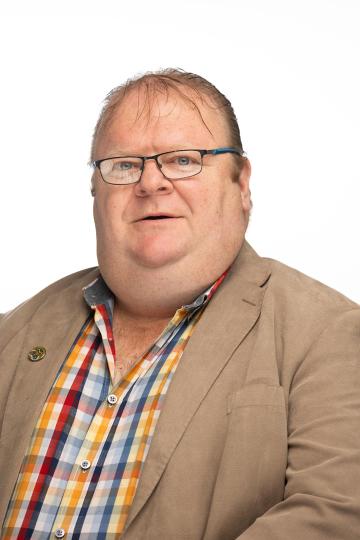€20m Carrigaline Western Relief Road – ‘Pottery Road’ Officially Opened

A new Relief Road designed to provide a safer environment for cyclists and pedestrians has been officially opened in Carrigaline by the Mayor of the County of Cork, Cllr. Danny Collins, Taoiseach Micheál Martin TD and Chief Executive of Cork County Council, Tim Lucey.
The €20m Relief Road extends from Ballea Road to Kilmoney Road, improving connectivity and access to Carrigaline Town Centre. The main line of the relief road is 750m running parallel with Carrigaline’ s Main Street. The scheme includes a double span bridge over the Owenabue River, a 1.5km dedicated cycle track, over 3kms of footpaths and finishes at Mill Road, a 700m urban road.
The new road is partially constructed on the former site of Carrigaline Pottery, which went on to inspire its name. Following a public competition, five names were shortlisted before Elected Members of Carrigaline Municipal District selected ‘Pottery Road’ or ‘Bóthar na Potaireachta’ as the new name for the Western Relief Road.
Speaking at the Official Opening, Mayor of the County of Cork, Cllr. Danny Collins commented,
Further acknowledging the rich heritage of the area, the new bridge will be known as ‘Garrydhu Bridge’ and the road from Pottery Road to Ballea Road, adjacent to the Soccer Club will be called ‘Mill Road’.
Officially opening the new road in Carrigaline, Taoiseach Micheál Martin TD said, “The Western Relief Road will greatly improve safety and accessibility for the community, bringing real positive change in the daily lives of those who live and work in Carrigaline. The development has laid the foundation for new homes and community facilities in the future. It will encourage economic growth, supporting further investment and employment to the region. I look forward to seeing Carrigaline go from strength to strength in the years ahead and wish all who travel on the road a safe journey.”
Chief Executive of Cork County Council, Tim Lucey added,
Alasdair Henderson, Executive Director, BAM Ireland commented, “Together with design consultants Atkins, Mott MacDonald, and Barry Transportation, we are delighted to have delivered this critical piece of infrastructure at Carrigaline for Cork County Council. It has been a great pleasure to collaboratively work with all stakeholders, especially the local community, on this project. These works will greatly enhance the quality of life for the people of Carrigaline by relieving traffic congestion, reducing noise and air pollution, attracting new development, and improving the safety of pedestrians and cyclists.”
Carrigaline Western Relief Road was funded by the Department of Housing, Local Government and Heritage through the Urban Regeneration and Development Fund (URDF) as part of Project Ireland 2040, the National Transport Authority and Cork County Council. The project began in April 2021 and was completed on schedule with main contractors BAM. The scheme was supported by Engineering Consultancies Atkins, JB Barry and Mott McDonald.

